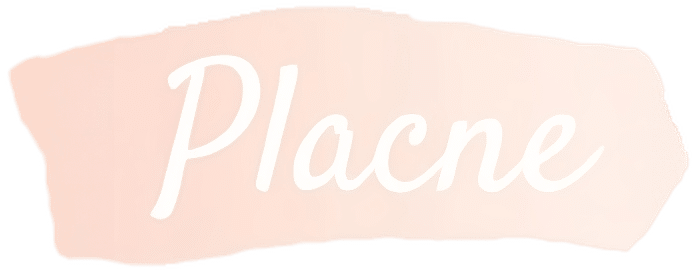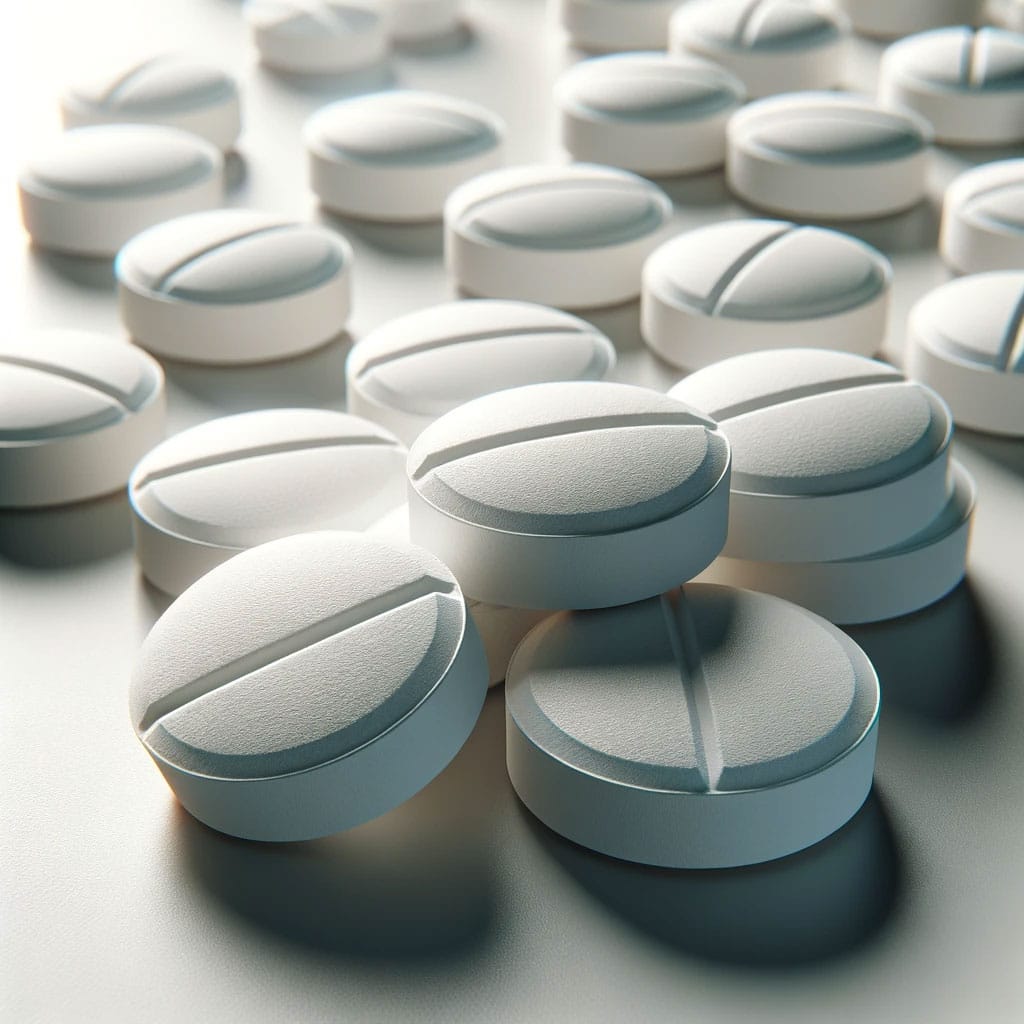Acne is a common skin condition that affects people of all ages. It can be a source of discomfort and embarrassment for many individuals, leading them to seek treatment options.
Over-the-counter (OTC) and prescription medications are two of the most commonly used treatments for acne. While both types of medications can be effective, they have different levels of potency and may produce different side effects.
Understanding Acne

Acne is a common skin condition that affects millions of people worldwide. It occurs when hair follicles become clogged with oil and dead skin cells, resulting in the formation of pimples, blackheads, and whiteheads. Acne can occur anywhere on the body but is most commonly found on the face, neck, chest, and back.
Several factors can contribute to the development of acne, including genetics, hormones, and lifestyle. Hormonal changes during puberty, pregnancy, and menstrual cycles can increase oil production in the skin, leading to acne. Stress, poor diet, and certain medications can also trigger acne flare-ups.
Acne can range from mild to severe and can have a significant impact on a person’s self-esteem and quality of life. Mild acne can often be treated with over-the-counter (OTC) products, while more severe cases may require prescription medications.
OTC acne treatments typically contain ingredients such as benzoyl peroxide, salicylic acid, and alpha-hydroxy acids. These products work by reducing oil production, unclogging pores, and exfoliating dead skin cells.
Prescription acne medications, on the other hand, may contain stronger concentrations of these same ingredients, as well as other active ingredients such as retinoids and antibiotics.
It is important to note that prescription acne medications can have more significant side effects than OTC products. For example, isotretinoin (Accutane) is a retinoid medication that can effectively treat severe acne, but it can also cause serious side effects such as birth defects, depression, and liver damage. It is typically reserved for cases of severe acne that have not responded to other treatments.
Over-The-Counter Acne Treatments
When it comes to treating acne, over-the-counter (OTC) acne treatments are often the first line of defense. These treatments are easily accessible and can be found at most drugstores. They are also generally less expensive than prescription treatments.
Benzoyl Peroxide
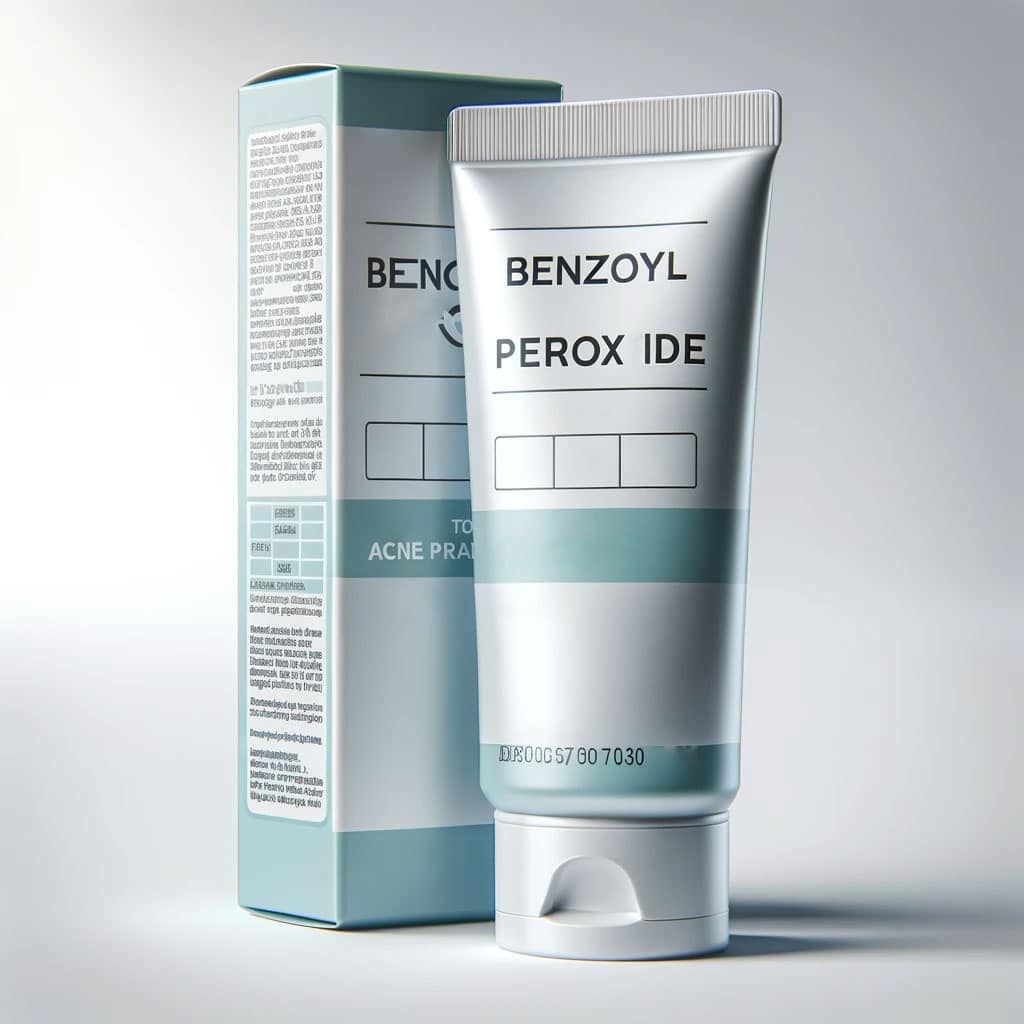
Benzoyl peroxide is a common ingredient in many OTC acne treatments. It works by killing the bacteria that cause acne and by helping to unclog pores.
Benzoyl peroxide is available in a variety of strengths, ranging from 2.5% to 10%. It is important to start with a lower strength and gradually increase as needed to avoid skin irritation.
Salicylic Acid
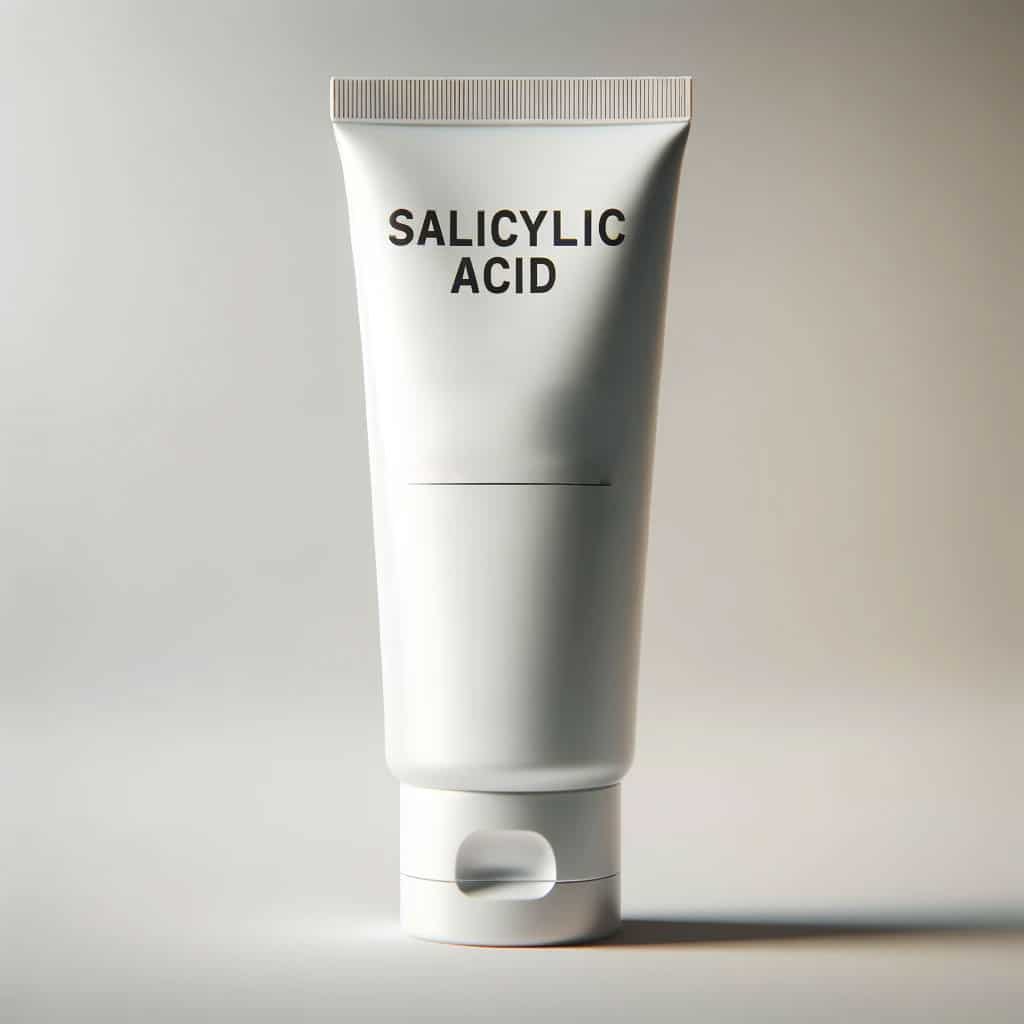
Salicylic acid is another common ingredient in OTC acne treatments. It works by helping to unclog pores and by exfoliating the skin.
Salicylic acid is available in various forms, including cleansers, toners, and spot treatments. It is important to follow the instructions carefully when using salicylic acid to avoid skin irritation.
Sulfur
Sulfur is an ingredient that is often used in OTC acne treatments. It works by reducing inflammation and helping to unclog pores.
Sulfur is available in various forms, including masks, spot treatments, and cleansers. It is important to follow the instructions carefully when using sulfur to avoid skin irritation.
While OTC acne treatments can be effective for mild to moderate acne, they may not be sufficient for severe acne. In these cases, prescription treatments may be necessary. It is important to talk to a healthcare provider or dermatologist before starting any new acne treatment regimen.
Prescription Acne Treatments
Prescription acne treatments are often recommended for individuals who have moderate to severe acne and have not found relief with over-the-counter treatments. These treatments are available in different forms such as topical creams, oral medications, and injections.
Topical Retinoids
Topical retinoids are a type of prescription medication that is applied to the skin to treat acne. They work by unclogging pores and preventing the formation of new acne lesions. Some common topical retinoids include tretinoin, adapalene, and tazarotene.
Topical retinoids can be effective in treating acne, but they can also cause skin irritation, redness, and peeling. It is important to follow the instructions provided by the doctor or pharmacist when using these medications.
Oral Antibiotics
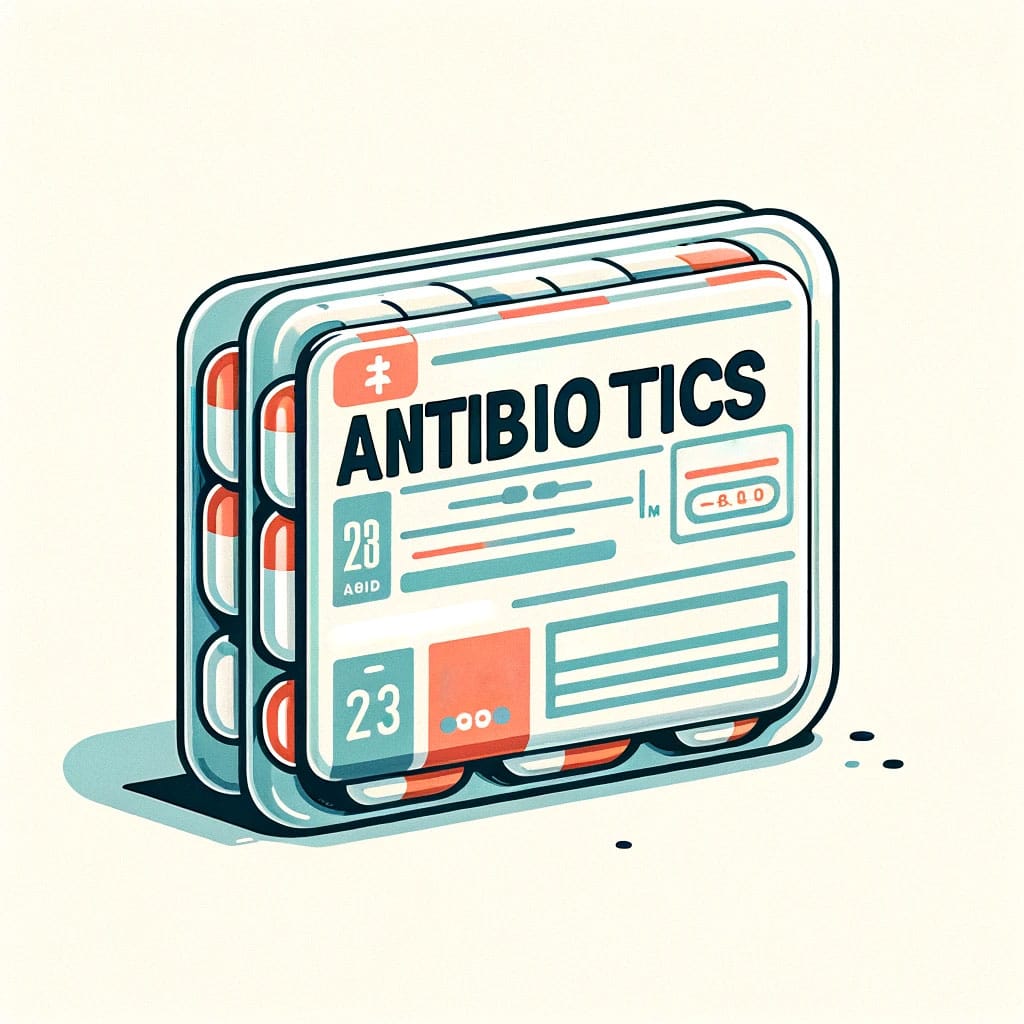
Oral antibiotics are another type of prescription medication that is used to treat acne. They work by reducing inflammation and killing bacteria that can cause acne.
Some common oral antibiotics include doxycycline, minocycline, and erythromycin.
Oral antibiotics can be effective in treating acne, but they can also have side effects such as upset stomach, diarrhea, and yeast infections. It is important to take these medications as prescribed by the doctor and to finish the entire course of treatment.
Isotretinoin
Isotretinoin, also known as Accutane, is a powerful prescription medication that is used to treat severe acne. It works by reducing the amount of oil produced by the skin and preventing the formation of new acne lesions.
Isotretinoin can be very effective in treating acne, but it can also have serious side effects such as birth defects, depression, and liver damage. It is important to take this medication under the close supervision of a doctor and to follow all of the instructions provided.
Comparing Efficacy and Side Effects
When treating acne, both over-the-counter and prescription products have their benefits and drawbacks. Here is a comparison of the efficacy and side effects of each type of treatment:
Over-the-Counter Acne Treatments
Over-the-counter acne treatments are widely available and can be purchased without a prescription. These treatments are typically less potent than prescription products but can still be effective for mild to moderate acne.
Efficacy
Over-the-counter acne treatments can be effective in treating mild to moderate acne. They work by targeting the four main factors that contribute to acne: excess oil production, clogged pores, inflammation, and bacteria. Some common over-the-counter acne treatments include:
- Salicylic acid: This ingredient helps to unclog pores and exfoliate the skin, making it an effective treatment for blackheads and whiteheads.
- Benzoyl peroxide: This ingredient is antibacterial and can help to reduce inflammation, making it a good choice for treating red, inflamed acne.
- Alpha hydroxy acids (AHAs): These acids help to exfoliate the skin and can be effective in treating mild acne.
Side Effects
While over-the-counter acne treatments are generally safe, they can cause some side effects. These side effects can include:
- Dryness and flaking of the skin
- Redness and irritation
- Stinging or burning sensations
- Allergic reactions
Prescription Acne Treatments
Prescription acne treatments are typically more potent than over-the-counter products and are designed to treat moderate to severe acne. These treatments are only available with a prescription from a healthcare provider.
Efficacy
Prescription acne treatments can be very effective in treating moderate to severe acne. These treatments work by targeting the same factors as over-the-counter products, but they are stronger and more effective. Some common prescription acne treatments include:
- Topical retinoids: These medications help to unclog pores and reduce inflammation, making them effective in treating both blackheads and whiteheads as well as red, inflamed acne.
- Oral antibiotics: These medications are used to treat acne that is caused by bacteria. They work by killing the bacteria that cause acne and reducing inflammation.
- Oral contraceptives: These medications can be effective in treating acne that is caused by hormonal imbalances. They work by regulating hormone levels and reducing oil production.
Side Effects
Prescription acne treatments can cause some side effects, and they are generally more potent than over-the-counter products. Some common side effects of prescription acne treatments include:
- Dryness and peeling of the skin
- Redness and irritation
- Increased sensitivity to the sun
- Nausea and other digestive issues (for oral antibiotics)
It is important to talk to a healthcare provider before starting any new acne treatment to ensure that it is safe and effective for the individual.
